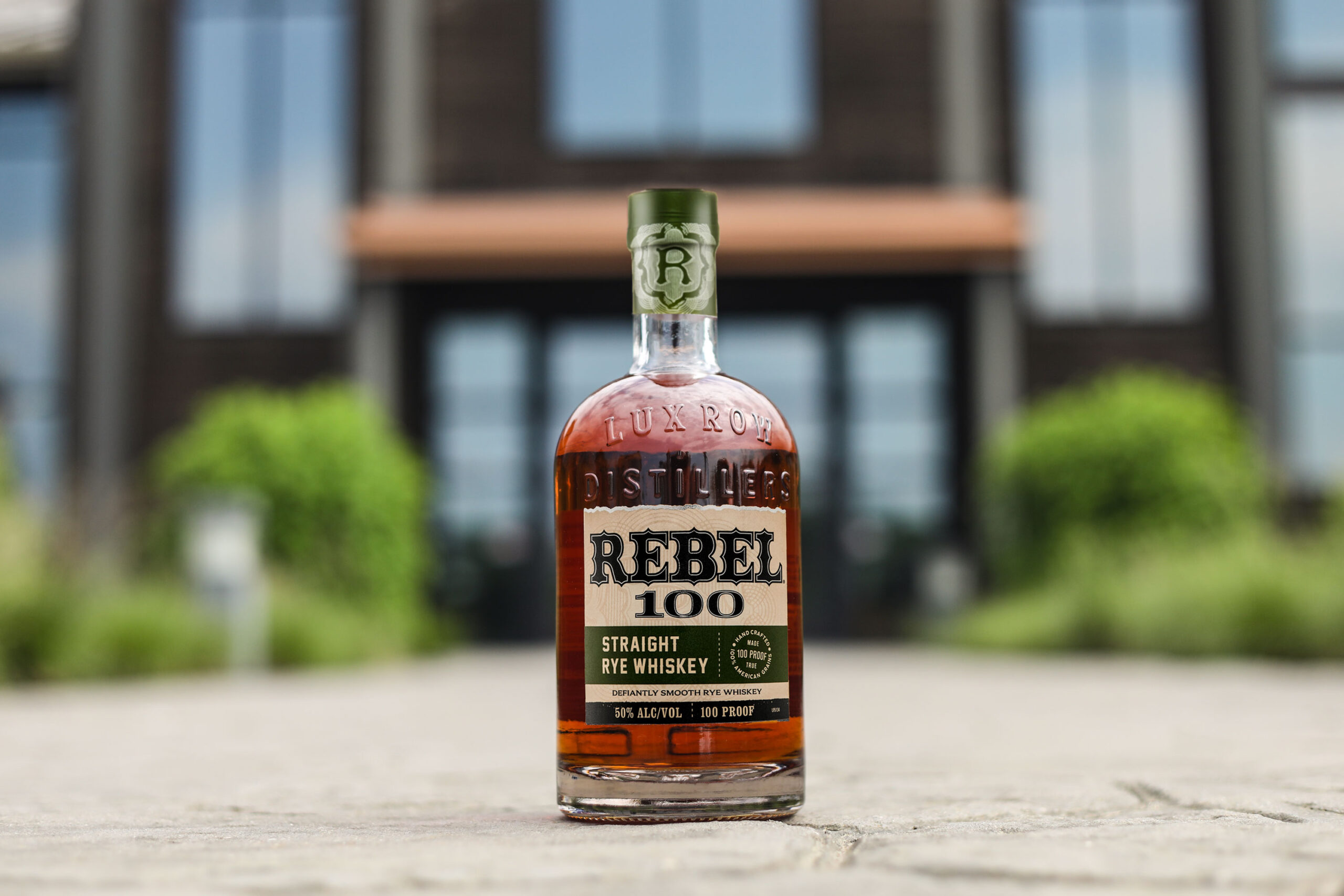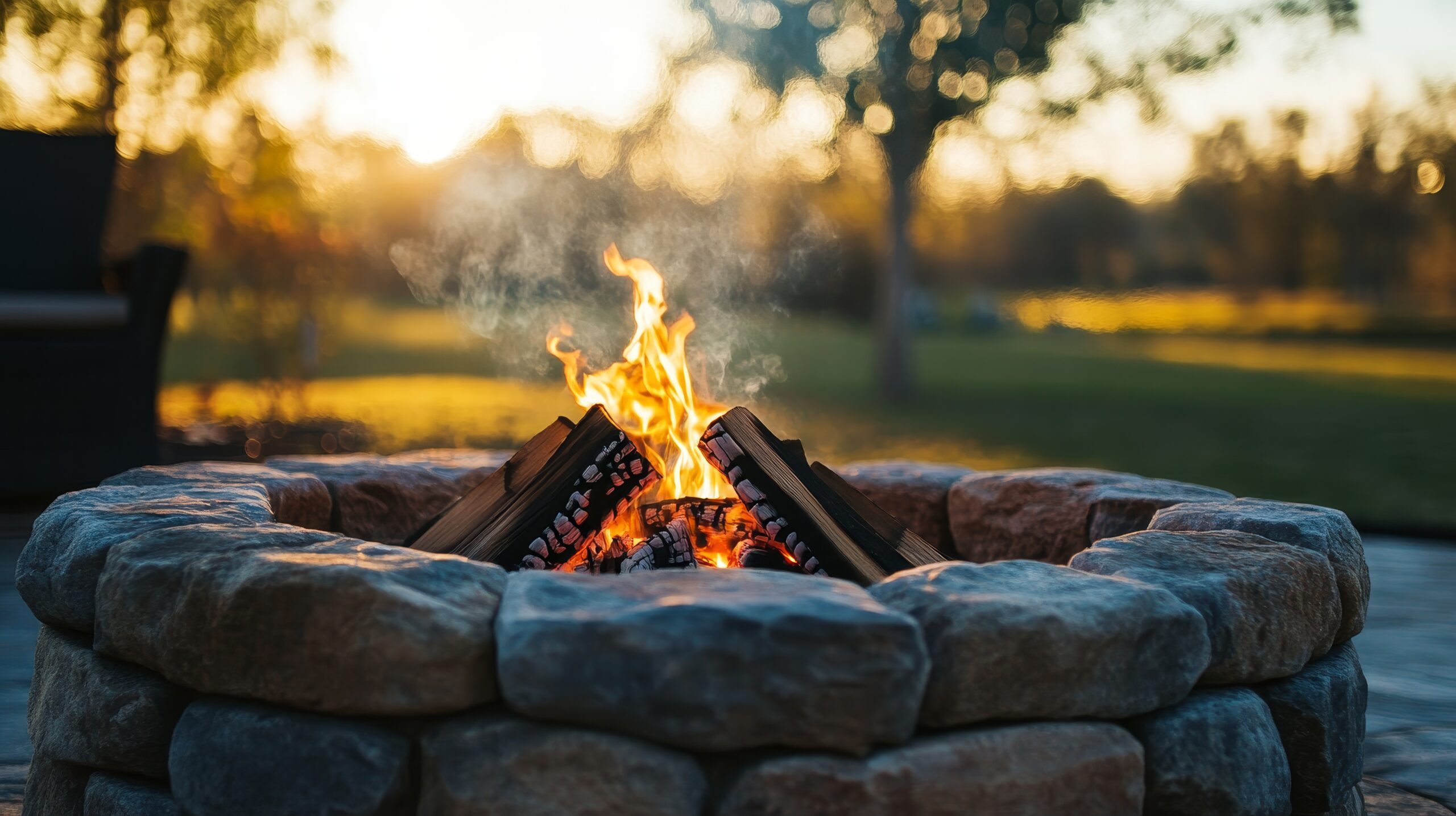
If there’s one thing Rebel Bourbon fans know, it’s how to live life on their own terms.
When the temperature drops, you don’t hibernate—you adapt. And nothing says “I own this” quite like building your fire pit for late-night Rebel Bourbon sipping under the stars. Whether it’s a brisk fall evening or a frigid winter night, your fire pit will keep the vibes alive and the Rebel flowing.
Here’s how to make a fire pit that’s as bold as your bourbon.
Why Build Your Own Fire Pit?
Because you’re not some buttoned-up, microwave-your-dinner type. Building your fire pit says, ‘I do things my way.’ Plus, every drop of Rebel Bourbon tastes better with a little dirt under your nails.
Read: Five Rebellious Old-Fashioned Cocktails to Try
What You’ll Need to Build Your Bad-Ass Fire Pit
Before you get started, gather these essentials:
- Fire pit stones or pavers (available at most hardware stores)
- Shovel (you’re gonna need to dig in—literally)
- Gravel (for drainage and stability)
- Fire ring insert (optional but recommended for safety and durability)
- Level (because even rebels like things even)
- Rebel Bourbon (for inspiration and celebration once it’s done)
Read: What Does Barrel-Strength Mean in Whiskey
Location, Location, Location
Pick the perfect spot for your fire pit. You’ll want it:
- Away from structures or low-hanging branches (you’re a rebel, not a pyromaniac).
- In a spot with a great view of the stars—because whiskey and stargazing are a match made in heaven.
- On level ground for maximum stability.
Step-by-Step Guide to Building Your Fire Pit
Step 1: Mark Your Territory
- Decide how big you want your fire pit to be. A good rule of thumb is about 36-44 inches in diameter.
- Use spray paint or a garden hose to mark the area.
Step 2: Dig It
- Grab that shovel and dig a hole about 6-8 inches deep within your marked area. This creates a base for your fire pit and prevents it from shifting over time.
Step 3: Lay the Foundation
- Rebels don’t build on shaky ground. Toss in some gravel, level it out, and make it solid. If you’re gonna stand by this pit with a bottle of Rebel, it better be as unshakable as your convictions.
Step 4: Build It Up
- Stack your fire pit stones or pavers in a circular shape around the edge of the pit.
- Add 2-3 layers, depending on how high you want the walls to be.
Step 5: Secure the Layers
- Use construction adhesive between the layers of stones for extra stability. Rebels may not follow rules, but they do follow safety protocols.
Step 6: Add the Fire Ring
- Place a fire ring insert in the center of the pit. This will protect your stones and keep the fire contained.
Finishing Touches: Make It Yours
Now that the heavy lifting is done, it’s time to put your own rebellious spin on your fire pit:
- Surround it with Adirondack chairs or whiskey barrels turned into seats.
- Add a stack of firewood for easy access.
- String up some outdoor lights for a warm glow, even after the fire dies down.
- Keep a Rebel Bourbon bottle nearby for easy pours.
How to Enjoy Your Fire Pit Like a Rebel
The fire’s roaring, and your Rebel Bourbon is poured. Here’s how to make the most of your new outdoor haven:
- Sip with style: Grab your favorite whiskey glass, or better yet, go straight from the bottle.
- Toast some marshmallows: S’mores and bourbon? Yes, please.
- Turn up the music: A little outlaw country or classic rock sets the mood.
- Invite the crew: Rebels are better in packs, so bring your friends and a few extra bottles of Rebel Bourbon.
Read: How to Make Badass Barrel-Aged Cocktails at Home
Rebel Bourbon: Your Perfect Fire Pit Companion
Every fire pit needs a centerpiece, and Rebel Bourbon steals the show.
Its bold flavor and smooth finish make it the perfect pairing for cool nights and warm flames. Whether you’re swapping stories or just soaking in the crackle of the fire, Rebel Bourbon makes every moment unforgettable.
So grab your bottle of Rebel (or stock up here), light that fire, and let the world know one thing: you do things your way—or not at all. Cheers to sippin’ bold, living free, and owning the night.
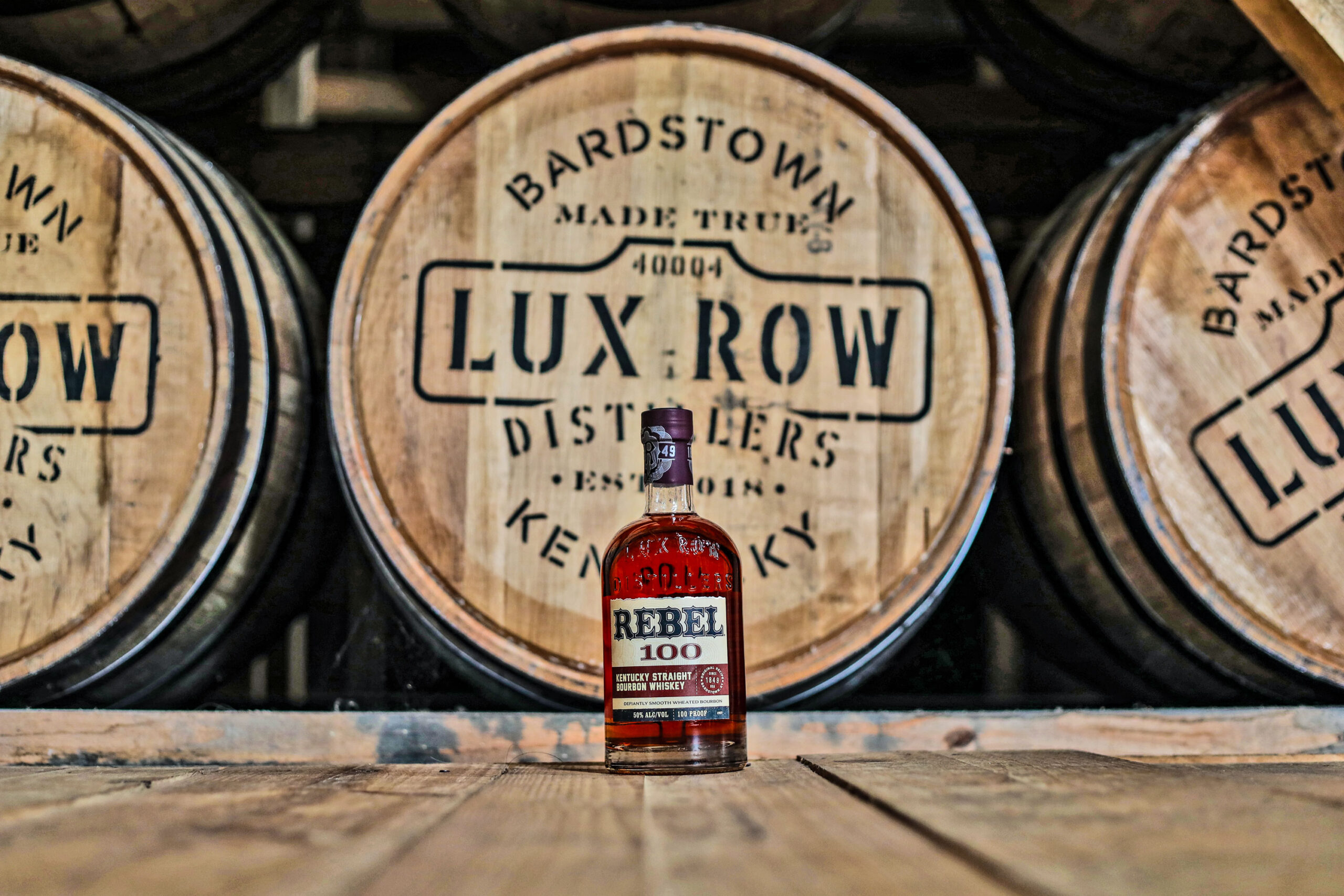
Look, anyone can throw together a basic cocktail and call it a day, but if you want to really up your game and give your drinks some serious attitude, it’s time to dive into the world of barrel-aging your cocktails.
There’s something about the depth and complexity of aging your favorite cocktail in a barrel that takes it from good to downright badass. And if you’re gonna do it right, you better be using Rebel Bourbon as the base for your creations.
Let’s get into how to turn your home bar into a full-blown barrel-aging operation and make cocktails that your friends won’t stop talking about.
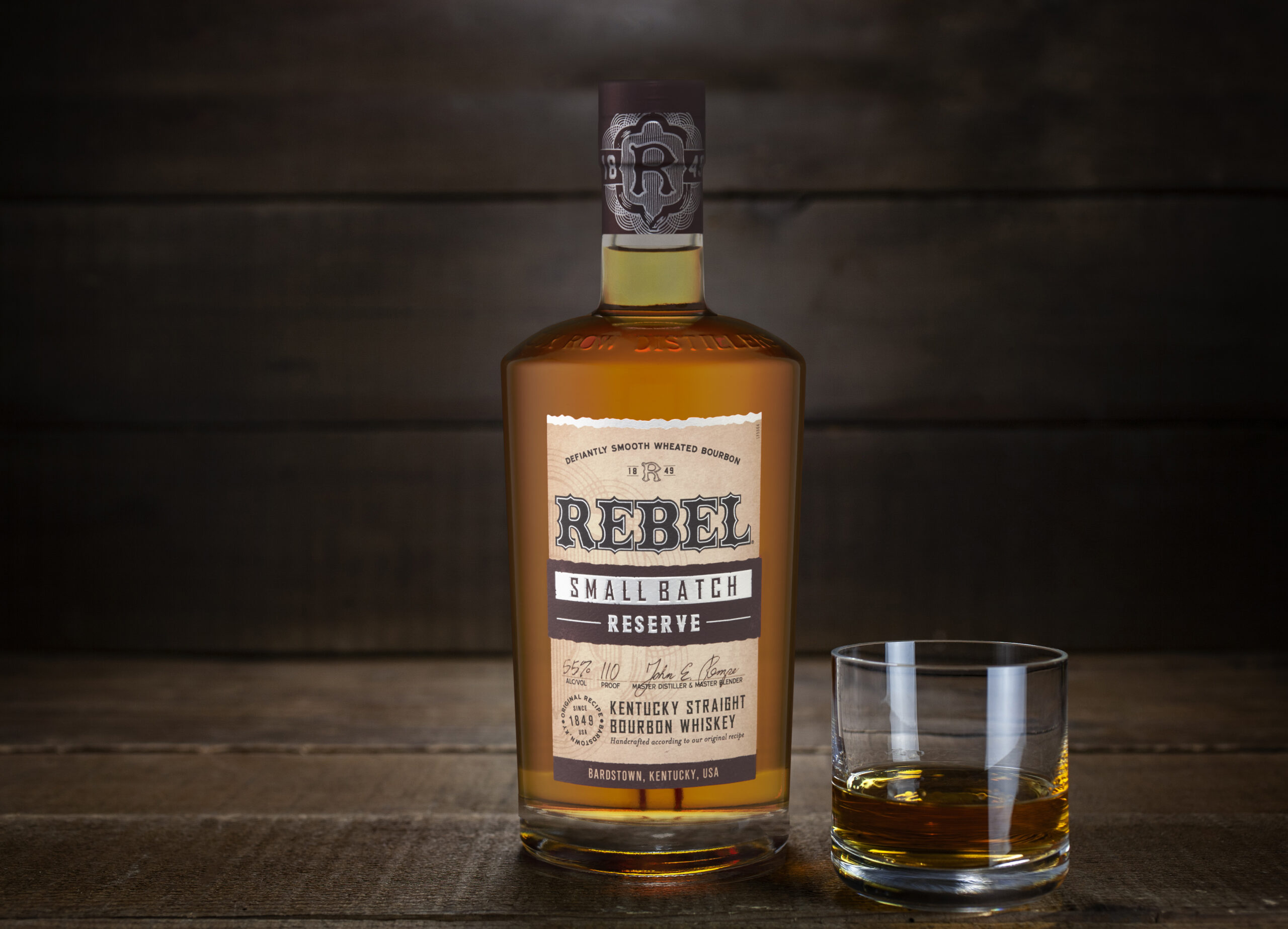
For whiskey enthusiasts and bourbon lovers, discovering new facets of their favorite spirits is a never-ending quest. One term that frequently piques interest is “barrel strength.”
But what exactly does barrel strength mean in whiskey?
This blog post aims to uncover the mysteries behind barrel-strength whiskey, explaining its allure and why it stands out in the world of spirits. From understanding its unique distillation process to savoring its rich flavors, we’ll guide you through everything you need to know before grabbing one off the shelf.
The Meaning of Barrel Strength
To truly grasp the essence of whiskey labeled as barrel strength, we must first understand the basics of whiskey distillation.
By law, bourbon whiskey must be barreled at no higher than 125 proof (62.5 percent ABV). However, once most bourbons are bottled, they are diluted to reach the desired proof for the product.
Barrel-proofed whiskeys skip that final dilution step, meaning the proof is almost always a higher proof than a non-barrel-proofed whiskey.
The distillation process for barrel-strength whiskey involves careful monitoring to ensure the spirit reaches the optimal proof. The result is a robust, full-bodied whiskey that offers a more intense drinking experience.
For those who appreciate high-proof spirits, barrel-strength whiskey should be the choice they make.
The Impact of Aging on Barrel-Strength Whiskey
Aging plays a crucial role in the development of barrel-strength whiskey. The interaction between the spirit and the barrel over time imbues the whiskey with complex flavors and characteristics.
The longer the aging process, the more pronounced these flavors become, resulting in a richer and more nuanced whiskey.
Barrel-strength whiskey, being undiluted, often exhibits stronger flavors compared to its diluted counterparts. The aging process allows the whiskey to absorb compounds from the wood, such as tannins and vanillin, which contribute to its unique taste profile.
The high alcohol content also acts as a solvent, extracting more flavors from the barrel and changing the overall drinking experience.
Tasting Notes of Barrel Strength
Tasting barrel-strength whiskey is an adventure for the palate. Given its high proof, the initial sip might be intense, but as the flavors unfold, you’ll discover a symphony of tastes that can be both surprising and delightful.
Expect bold and concentrated flavors often characterized by notes of caramel, vanilla, oak, and spices.
The tasting experience is highly individualistic. Some might find it exceptionally smooth, while others perceive a robust and fiery kick. To fully appreciate its complexity, many connoisseurs recommend adding one or two drops of water to open up the flavors.
This practice can slightly mellow the whiskey, allowing you to explore its depth without overwhelming your senses or diluting it.
Popular Myths and Misconceptions About Barrel Strength
Despite its growing popularity, several myths and misconceptions surround barrel-strength whiskey.
One common myth is that higher proof automatically means better quality.
While barrel-strength whiskey indeed offers a unique experience, it doesn’t necessarily guarantee superior quality. The true measure of quality lies in the craftsmanship, aging process, and balance of flavors.
Another misconception is that barrel-strength whiskey is too harsh to enjoy straight.
While it can be intense, many enthusiasts relish the boldness and complexity it offers. With proper tasting techniques, such as adding water or using a whiskey glass designed to concentrate aromas, even those new to barrel strength can find it enjoyable.
Best Practices for Enjoying Barrel Strength Whiskey
Enjoying barrel-strength whiskey requires a few best practices to appreciate its bold flavors and high proof fully.
Start by selecting the right glassware, such as a Glencairn glass, which helps concentrate the aromas and enhances the tasting experience. Take small sips to acclimate your palate to the higher alcohol content, and allow the flavors to unfold gradually.
Even if you enjoy the higher proof taste, consider adding a few drops of water to your whiskey.
This can help open the flavors and reduce the intensity, making it more approachable. But it also provides a different experience worth exploring.
Experimenting with different amounts of water will allow you to find the perfect balance for your taste preferences. Lastly, pair your barrel-strength whiskey with complementary foods, such as dark chocolate, nuts, or aged cheese, to enhance the tasting experience further.
The Art and Science of Barrel Strength
Barrel-strength whiskey offers a unique and captivating experience for whiskey enthusiasts and bourbon lovers. Its unmatched intensity, complex flavors, and unadulterated nature make it a prized choice among connoisseurs. By understanding its distillation process, aging impact, and best practices for enjoyment, you can fully appreciate the art and science behind this exceptional spirit.
Though not quite at barrel strength, Rebel Bourbon Small Batch Reserve sits at an elevated 110-proof.
It spotlights barrels handpicked by master distiller John Rempe and features honey and vanilla flavor notes unique to the original, time-honored wheated bourbon recipe created in 1849.
Visit Lux Row Distillery to grab your favorite bottle of Rebel Bourbon, or use our Whiskey Locator to find it near you.
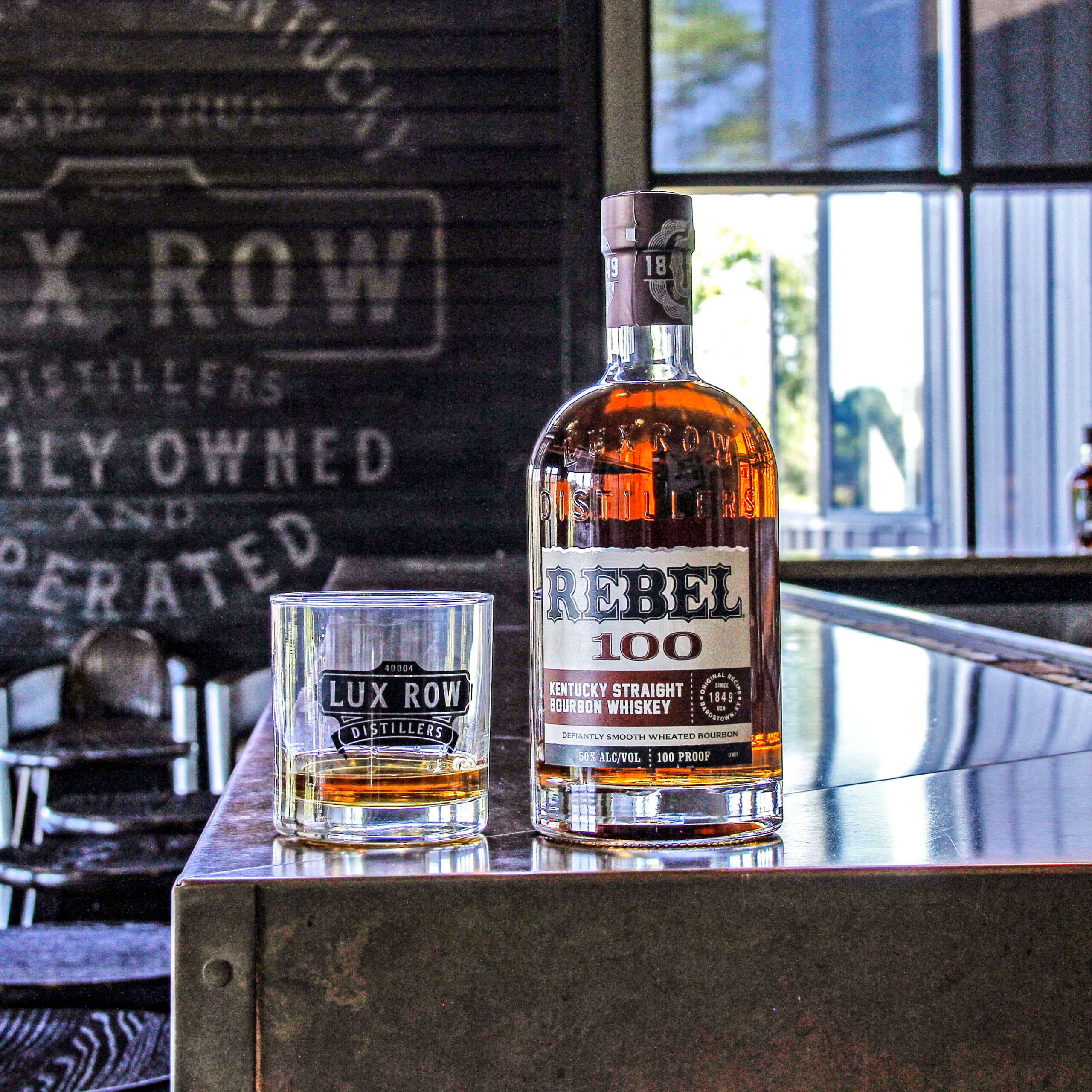
If you ask us, there’s nothing worse than the idea of letting delicious bourbon go to waste. If you’re wondering if bourbon can go bad, the answer might surprise you. Although bourbon boasts an impressive shelf life, there are still a few general rules even the most rebellious drinkers need to remember when it comes to making bourbon last.
